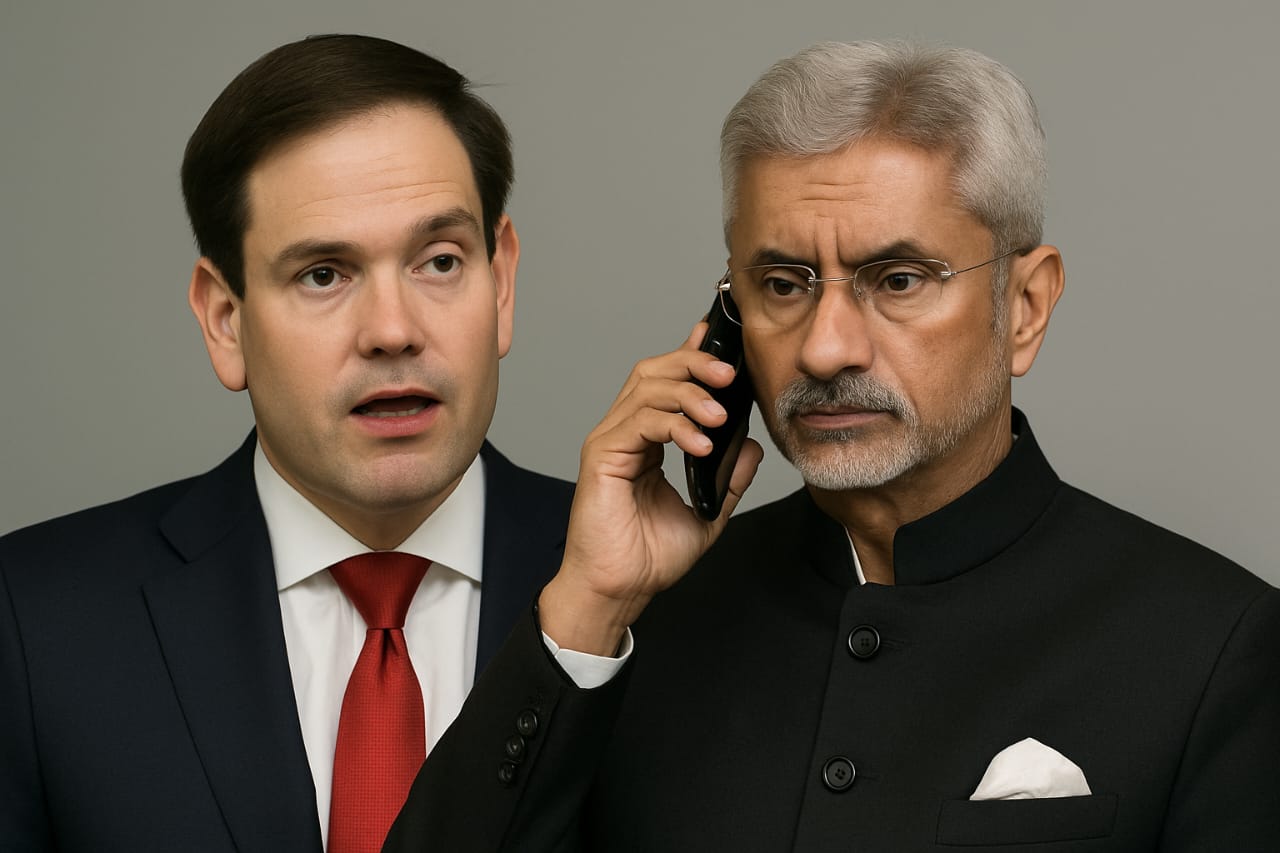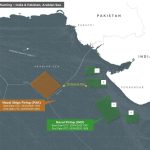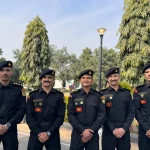U.S. Secretary of State Marco Rubio has expressed deep condolences to India over the April 22 terrorist attack in Pahalgam, Jammu and Kashmir, which left 26 people dead, most of them tourists. In a phone conversation with Indian External Affairs Minister Dr. S. Jaishankar, Rubio condemned the “horrific” act and pledged continued U.S. support in strengthening bilateral counterterrorism cooperation.
According to U.S. State Department spokesperson Tammy Bruce, Rubio also urged both India and Pakistan to exercise restraint and pursue de-escalation to maintain regional stability in South Asia. The deadly Pahalgam assault has reignited long-standing tensions between the two nuclear-armed neighbors, with Indian officials attributing the attack to “cross-border terrorism” and alleging Pakistani involvement — claims that Islamabad has firmly denied.
The attack, among the deadliest in the region in recent years, targeted a group of vacationers in Pahalgam, a scenic destination in Kashmir. Indian intelligence agencies have pointed to suspected linkages with militant groups operating across the border, further exacerbating the already strained relations between New Delhi and Islamabad.
The U.S.-India counterterrorism partnership, described as a central pillar of their strategic alliance, was reaffirmed during the call. Rubio highlighted the importance of ongoing joint efforts, including intelligence sharing, capacity building, and joint counterterrorism initiatives, to address the growing threat posed by regional militancy.
The international response has reflected deep concern. The United Nations Security Council condemned the attack, although diplomatic sources revealed that Pakistan and China lobbied for a watered-down resolution, underlining enduring geopolitical divides. In response, India has reiterated its zero-tolerance policy toward terrorism and is actively engaging with UNSC members to push for stronger measures against terror financing and cross-border militancy.
The Kashmir dispute — a legacy of the 1947 partition of British India — remains a core issue in Indo-Pakistani relations, having triggered several conflicts over the decades. With the latest violence raising the specter of escalation, the U.S. has renewed calls for dialogue. Rubio’s outreach echoes Washington’s long-held stance of encouraging diplomatic engagement to avert wider conflict in the volatile region.
As global attention remains focused on South Asia, diplomatic efforts continue to prevent further deterioration and promote a peaceful resolution to the enduring Kashmir conflict.













